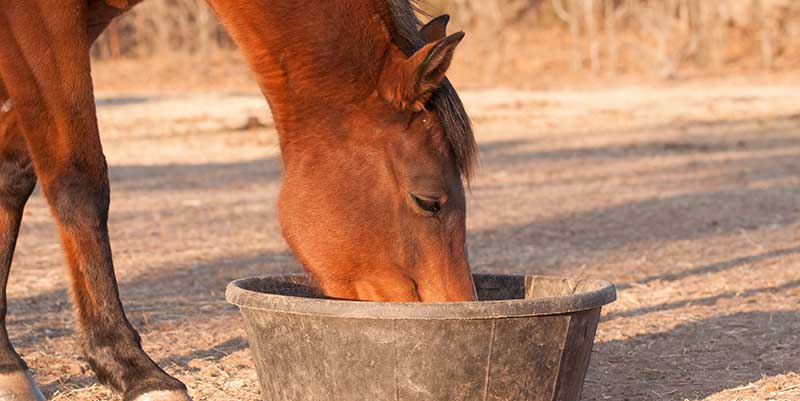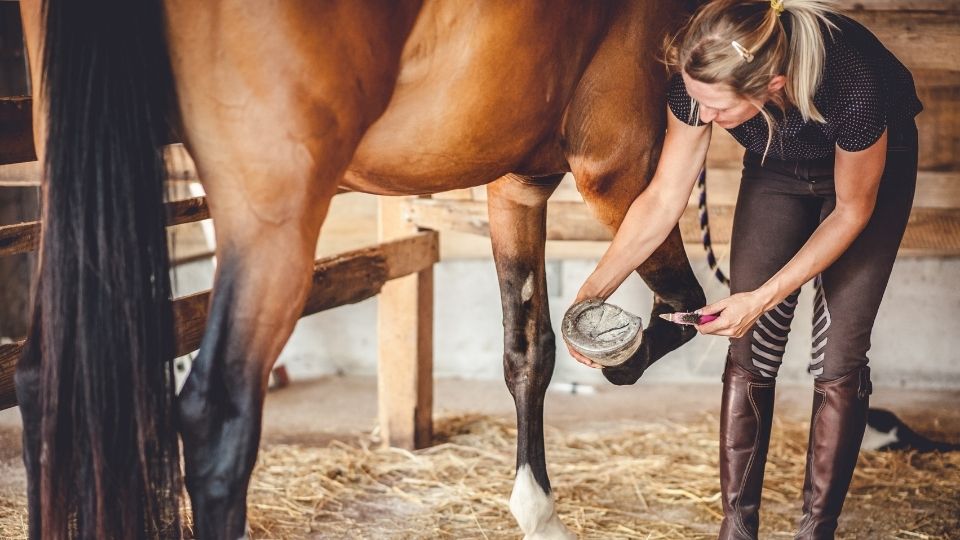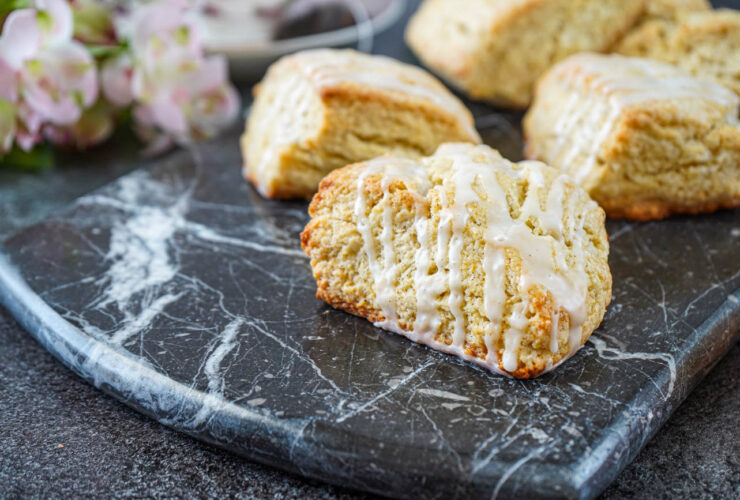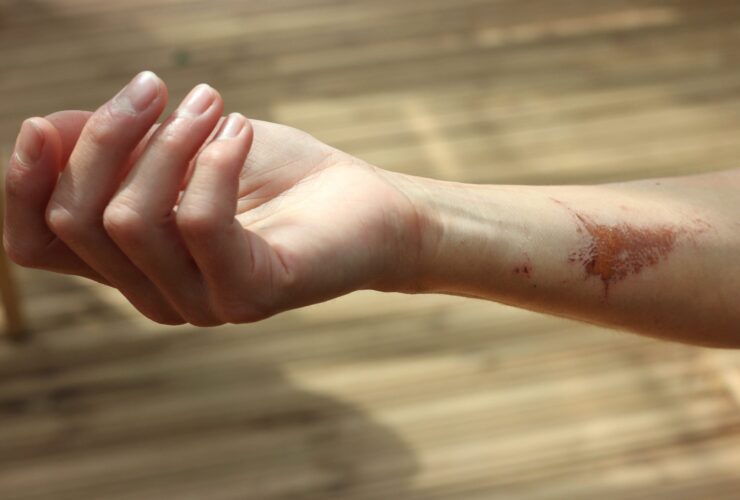Thrush is a common fungal infection that can affect horses, causing discomfort and potential health issues if left untreated. One factor that may contribute to the development or severity of thrush in horses is their diet.
The food horses consume plays a crucial role in their overall health, including their immune system and susceptibility to infections. Understanding how diet affects thrush in horses is important for horse owners and caretakers to provide the best care for their animals.
In this article, we will explore the relationship between diet and thrush in horses, what horse owners need to know, and how they can make informed decisions to help prevent and manage this common condition.
Understanding Thrush in Horses

Understanding thrush in horses is essential for every horse owner. Thrush is a common hoof ailment that can be both painful and unsightly for horses. It is caused by a bacterial infection in the frog of the hoof, resulting in a foul odor and discharge. While thrush can affect any horse, certain factors can increase the likelihood of developing this condition, including poor stable hygiene, wet and muddy conditions, and improper trimming.
In order to effectively treat and prevent thrush, it is important to understand the underlying causes and risk factors associated with this condition. By addressing these factors and implementing proper hoof care practices, horse owners can help keep their equine companions healthy and free from thrush.
The Role of Diet in Managing Thrush

Diet plays a crucial role in managing thrush in horses, as certain foods can either exacerbate or alleviate the condition. A diet rich in sugars and starches can contribute to the overgrowth of yeast in the hooves, leading to the development of thrush. Conversely, a diet high in fiber and low in carbohydrates can help maintain a healthy balance of gut bacteria, preventing yeast overgrowth.
In addition, incorporating probiotics and prebiotics into a horses diet can further support their immune system and promote gut health, reducing the likelihood of thrush. Therefore, paying careful attention to a horses diet can play a significant role in managing and preventing thrush.
Key Nutritional Recommendations for Preventing and Treating Thrush

Key Nutritional Recommendations for Preventing and Treating Thrush in horses include providing a balanced diet rich in vitamins and minerals, particularly zinc, biotin, and vitamin E, which can help support hoof health and combat the fungus that causes thrush. Its also important to avoid excessive sugar and starch in the diet, as these can disrupt the microbial balance in the gut and make horses more susceptible to thrush.
Offering plenty of fresh, clean water and ensuring proper hoof care, including regular cleaning and trimming, are also key factors in preventing and treating thrush. Additionally, incorporating probiotics or prebiotics into the diet can help promote healthy gut flora and strengthen the immune system, further reducing the risk of thrush. Overall, a holistic approach to nutrition and hoof care is essential for maintaining optimal equine health and preventing the recurrence of thrush.
Conclusion
In conclusion, the relationship between diet and thrush in horses is complex and multifaceted. While there is no direct evidence that diet directly causes or cures thrush, maintaining a balanced and nutritious diet can contribute to overall hoof health and potentially reduce the risk of developing thrush.
It is important for horse owners to practice proper hoof care, including regular cleaning and trimming, as well as providing a diet rich in essential nutrients and minerals. In cases where thrush does occur, prompt and effective treatment such as Horse Thrush Treatment is crucial to managing the condition and preventing further complications. By staying informed and proactive, horse owners can help keep their equine companions happy, healthy, and thrush-free.





